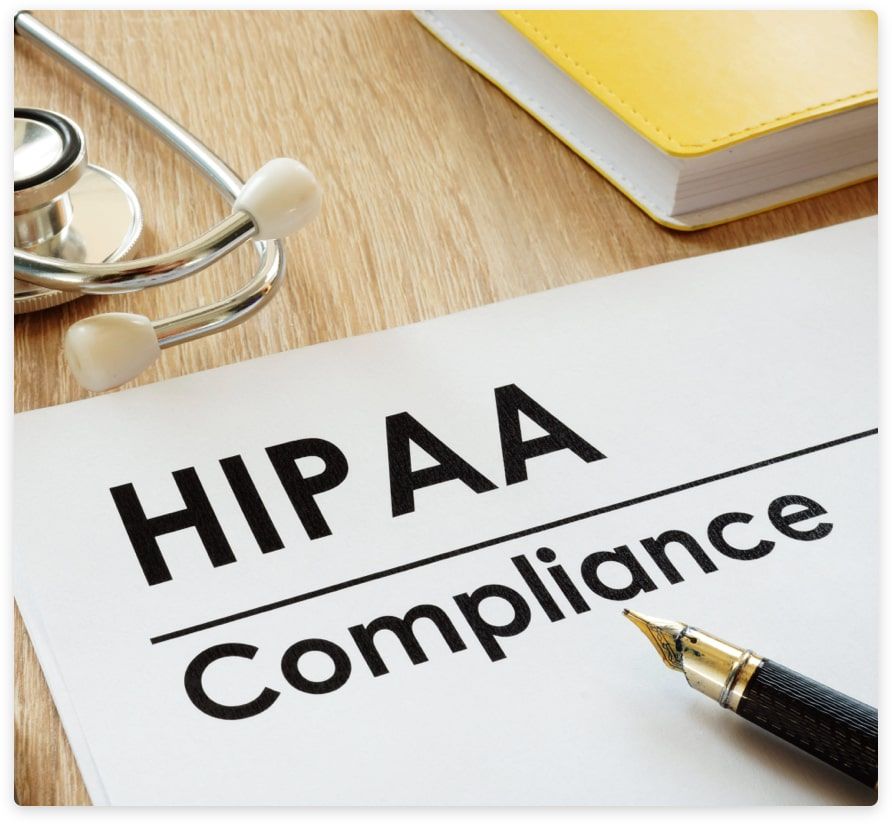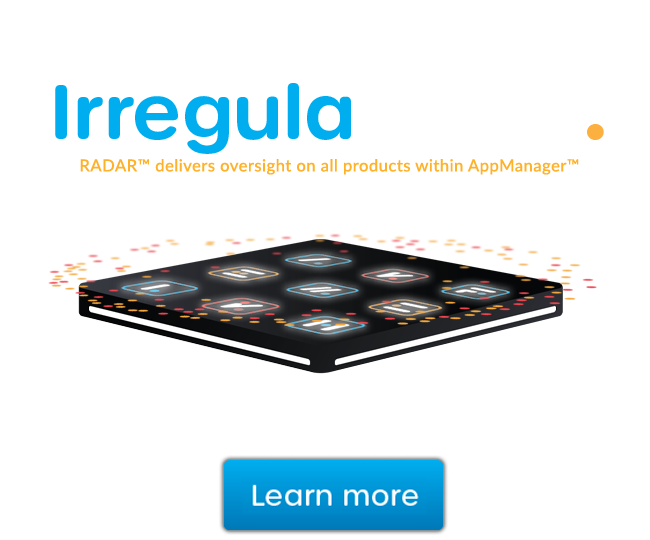Imagine this: a patient entrusts you with their most sensitive information, from medical history to financial details. Suddenly, a data breach exposes this information, putting your patients at risk and jeopardizing your practice's reputation. Unfortunately, this scenario is becoming increasingly common in the healthcare industry.
Healthcare data breaches are on the rise, fueled by sophisticated cyberattacks. When patient data falls into the wrong hands, the consequences can be severe. Exposed information can lead to identity theft, financial fraud, and even emotional distress for your patients. Beyond the human cost, healthcare providers face hefty fines and legal action for non-compliance with data protection laws.
The good news? There are steps you can take to safeguard your patients' data and ensure your practice operates within the legal framework. The Health Insurance Portability and Accountability Act (HIPAA) is the key player here. This federal law sets the standards for how healthcare data must be handled, stored, and transmitted.
In this blog, we'll delve into the world of HIPAA compliance, explaining its core requirements and how implementing the right measures can protect your patients and your practice. We'll also explore some valuable tools that can simplify the compliance journey, ensuring peace of mind in the digital age.
What is HIPAA?
In the era before HIPAA, concerns about health data privacy and patients' ability to maintain health insurance when changing jobs were widespread. To address these issues, the Health Insurance Portability and Accountability Act (HIPAA) was passed in 1996. This landmark legislation established national standards for protecting sensitive patient health information. HIPAA has several core components, including the Privacy Rule, Security Rule, and Breach Notification Rule, all working together to safeguard personal health data.
At its heart, HIPAA exists to empower patients and safeguard their privacy. The law grants patients several important rights regarding their health information. This includes the right to access and receive copies of their medical records, the right to control how their information is used and shared, and the right to be notified if a data breach exposes their protected health information (PHI).
HIPAA revolves around a specific type of information called Protected Health Information (PHI). PHI encompasses any individually identifiable health information, including medical records, diagnoses, treatment plans, insurance details, and more. HIPAA regulations apply to specific entities: healthcare providers who electronically transmit PHI, health plans, healthcare clearinghouses, and business associates of these covered entities.
Key Requirements for HIPAA Compliance
HIPAA sets clear expectations for how healthcare providers and businesses must safeguard patient data. To meet these standards, a combination of technological solutions, secure physical environments, and ongoing employee training are essential. Here's a breakdown of what you need to consider:
Technical Safeguards
HIPAA requires a robust set of technical controls to protect ePHI. This includes:
- Access Controls: Think of these as digital gatekeepers. Strict user authentication (unique IDs, strong passwords) and role-based access controls are vital, allowing only authorized individuals to view and interact with sensitive data. Automatic log-off for unattended workstations adds an extra layer of protection.
- Encryption: Encryption scrambles data, making it unreadable without the correct key. ePHI needs encryption both when stored ("at rest") and when being transmitted ("in transit") across networks.
- Audit Trails: These are like digital footprints. Systems must log who accesses, modifies, or discloses ePHI, and when they do it. Regular review of these logs helps detect suspicious activity.
- Integrity Controls: Implementing mechanisms to verify that ePHI hasn't been tampered with or improperly destroyed. This might involve techniques like file-hashing to confirm the data is intact.
Physical Safeguards
Protecting ePHI isn't just about the digital world. HIPAA mandates physical security measures too:
- Facility Access Controls: Limit physical access to areas where ePHI is stored or processed. Think restricted areas, visitor logs, and ID badges for authorized personnel. Data centers need careful environmental monitoring and protection against unauthorized entry.
- Workstation and Device Security: Policies for the secure use of workstations, laptops, and mobile devices are key. This involves measures like screen locks, encryption, and physical security protocols when these devices hold ePHI.
- Disposal Practices: Have secure procedures for erasing or destroying ePHI on physical media like hard drives, USBs, or old servers before their disposal or repurposing.
Administrative Safeguards
HIPAA compliance demands sound management practices:
- Security Management Process: Appoint a designated Security Officer to oversee HIPAA compliance efforts. This includes conducting regular risk assessments to identify vulnerabilities and establishing detailed risk management strategies and policies to address these risks.
- Security Awareness and Training: All employees handling ePHI need comprehensive training, tailored to their job roles. This includes educating them on phishing threats, password security, and proper data handling. Refresher courses help keep HIPAA top-of-mind.
- Contingency Plan Development: What happens if disaster strikes? A contingency plan involves strategies for data backup, disaster recovery procedures, and how to maintain critical operations during an emergency. Regularly testing these plans is essential.
This detailed overview still only scratches the surface of HIPAA's Security Rule standards. Covered entities must carefully research and implement both "required" and "addressable" specifications to ensure full compliance.
The Risks of Non-Compliance
The consequences of HIPAA non-compliance are severe and far-reaching, potentially harming patients, damaging a practice's reputation, and leading to crippling financial penalties. Here's a breakdown of the risks:
- Financial Penalties: The Office for Civil Rights (OCR), the agency responsible for enforcing HIPAA, can impose hefty fines based on the severity and nature of the violation. These range from hundreds to hundreds of thousands (even millions) of dollars per year for repeat or unaddressed violations.
- Reputational Damage: News of a data breach or HIPAA non-compliance can quickly erode patient trust. In today's digital age, consumers are increasingly wary about sharing sensitive information with healthcare providers that aren't committed to data protection.
- Legal Liability: HIPAA violations can open the door to patient lawsuits. Failure to protect patient information could be considered negligence, leading to costly legal battles and potential settlements.
- Breach Costs and Disruption: Data breaches aren't just a fine or a bad headline. They create a ripple effect. Expenses like patient notifications, credit monitoring, technical forensics, and public relations crisis management can quickly add up. Additionally, the operational disruption of handling a breach can be costly and time-consuming.
- Corrective Action Plans: If found non-compliant, OCR may mandate a corrective action plan. This adds considerable administrative burdens and requires ongoing monitoring to prove that compliance is regained.
The severity of HIPAA violation penalties depends on factors like the scale of the breach, whether the organization knew (or should have known) about the violation, and the efforts made to remediate problems. While ignorance can offer some mitigation, proactive compliance is always the best defense.
Tools to Simplify HIPAA Compliance
While HIPAA compliance can seem daunting, the right technology solutions can significantly streamline the process and mitigate risk. Rather than focusing on a list of specific tools, let's look at the key technological areas that can support your HIPAA compliance initiatives.
First, consider secure communication platforms. Traditional email and faxing methods aren't secure enough for transmitting sensitive patient data. Specialized services with robust encryption, secure transmission, and detailed logging of all communications allow you to safely share ePHI while fulfilling HIPAA requirements.
Secondly, a comprehensive, tamper-proof email archive is invaluable in the case of audits or e-discovery requests. Specialized archiving solutions allow you to store, search, retrieve, and preserve emails in a manner that satisfies HIPAA's record-keeping requirements.
Finally, address vulnerability scanning and patch management. Unpatched software is a common attack vector for hackers. Automated tools that continuously scan your network for known vulnerabilities and streamline the process of applying security patches significantly reduce your risk profile, closing potential entry points for breaches.
GFI Software - Your HIPAA Compliance Partner
If you're looking for reliable solutions to ease your HIPAA compliance burden, GFI Software offers a suite of powerful tools designed specifically for the healthcare industry:
- GFI FaxMaker: This solution makes faxing secure, allowing you to send and receive faxes via email while eliminating paper-based faxing risks. Detailed transmission logs support your HIPAA record-keeping requirements.
- GFI Archiver: Get a complete, tamper-proof email archive. Simplify responses to audits and e-discovery requests with the peace of mind that your stored emails are secure and readily accessible.
- GFI LanGuard: Proactively address vulnerabilities and mitigate risks with automated patch management and continuous network vulnerability scanning.
Learn more about how GFI Software can help you achieve your HIPAA compliance goals.
Related Posts

Oct 15, 2023
Everything You Need to Know: NIS2 and Healthcare Data Security
Explore the essentials of NIS2 compliance in the healthcare sector and uncover how NIS2 standards are crucial for protecting patient data amidst the growing digital threats. We also introduce how tools like GFI LanGuard can aid in navigating the compliance pathway, making the journey toward enhanced data security more straightforward for healthcare providers.

Aug 3, 2021
HIPAA compliant fax service
HIPAA regulations concerning patient record confidentiality




